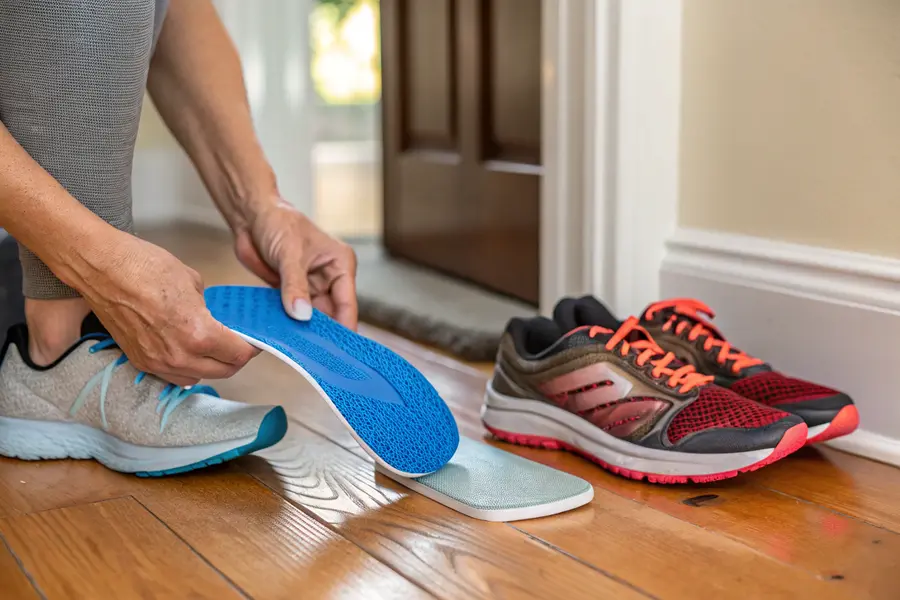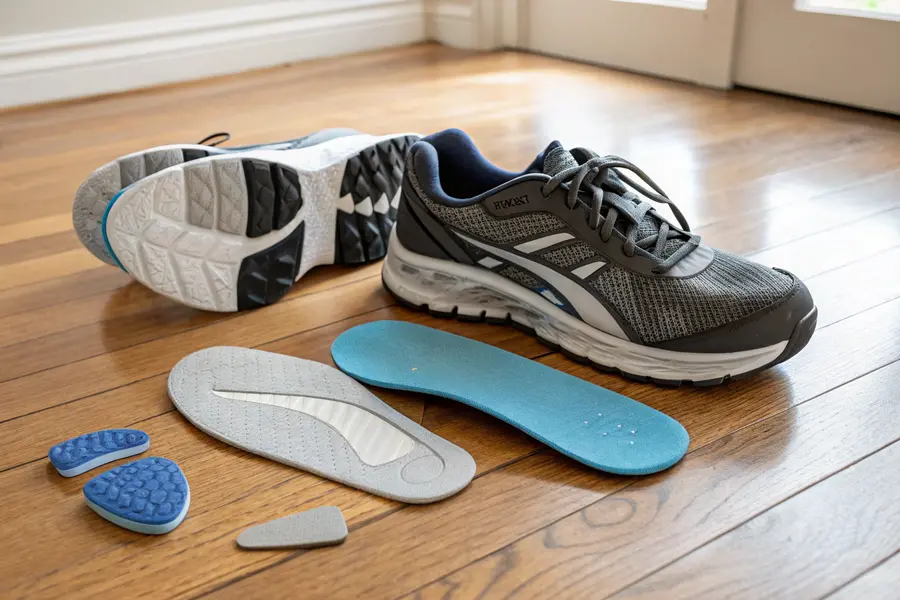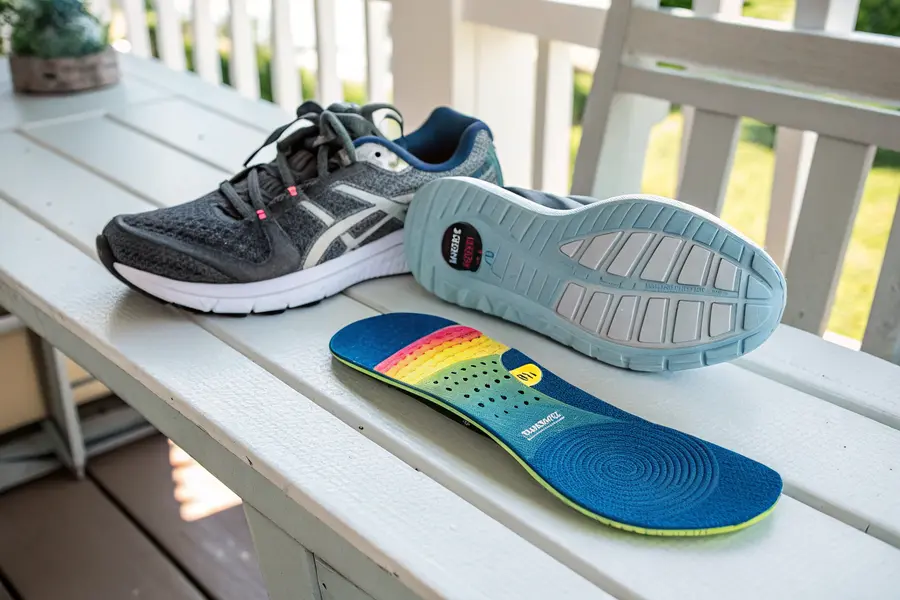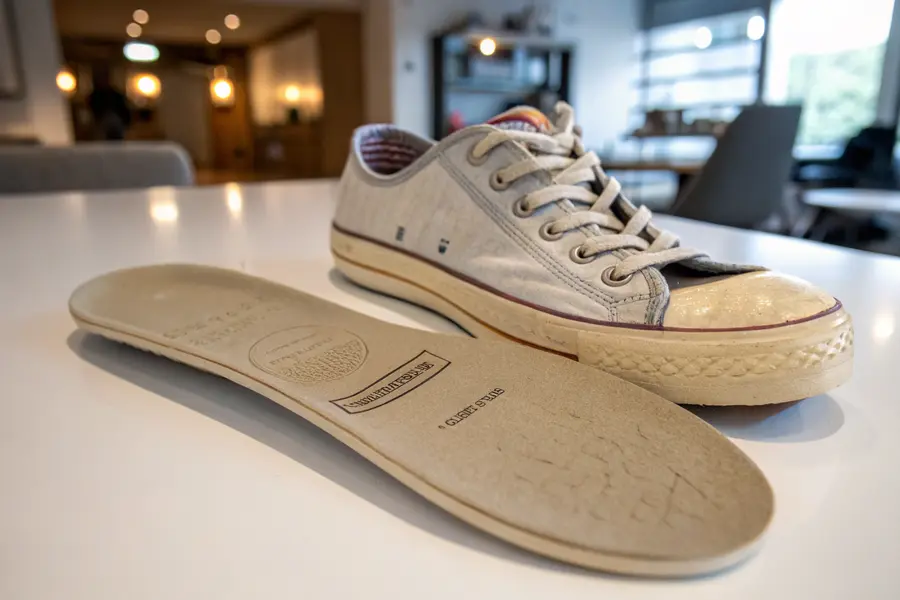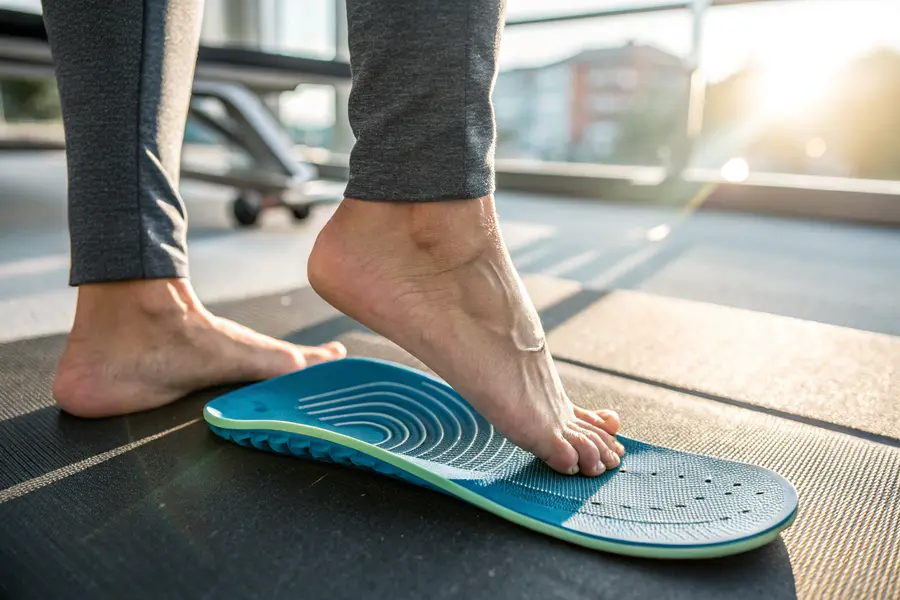The athletic footwear market is booming, and innovative solutions like Arch Inserts technology1 are at the forefront of this growth. But here’s the catch: traditional, asset-heavy business models often weigh companies down with high costs and inflexibility. That’s where a lightweight operational model2 enters the scene—and it’s a game-changer.
By minimizing upfront investments and maximizing adaptability, a lightweight operational model2 empowers companies to license Arch Inserts technology1 more efficiently. It fosters innovation, slashes costs, and accelerates time-to-market.
In a competitive landscape, agility is your secret weapon. Let’s dive into how this approach can revolutionize Arch Inserts technology1 licensing.
Table of Contents
ToggleWhy Should You Care About a Lightweight Operational Model?
A lightweight operational model2 isn’t just a good idea—it’s a proven strategy for staying ahead of the curve. It focuses on outsourcing, collaborations, and flexible licensing agreements to keep operations lean and adaptable.
The result? Lower fixed costs, faster innovation cycles, and greater flexibility to respond to market shifts. This model has already transformed industries like software and retail. So, why not footwear?

What Makes It So Effective?
Here’s the magic: by outsourcing non-core activities and avoiding massive infrastructure investments, companies can funnel resources into what really moves the needle—like R&D and marketing. Think about cloud computing in IT: instead of buying servers, businesses rent them. It’s cheaper, faster, and infinitely scalable.
How Does This Apply to Arch Inserts?
For Arch Inserts technology1, a lightweight model means licensing patented solutions rather than developing them in-house. This allows brands to focus on what they do best—building a killer product and connecting with customers.
| Advantage | Why It Matters |
|---|---|
| Cost Efficiency | Reduces the need for capital assets. |
| Speed | Cuts down product development time. |
| Flexibility | Quickly adapts to market demands. |
Patent Licensing: The Fuel for Innovation
Here’s the deal: patent licensing3 is the backbone of the lightweight operational model2. It allows brands to leverage cutting-edge technology without the time and expense of developing it from scratch.
Whether it’s exclusive or non-exclusive, licensing agreements make it easy to differentiate your product while staying cost-efficient.
What Licensing Models Work Best?
- Exclusive Licensing: Perfect for companies seeking market exclusivity to stand out from competitors.
- Non-Exclusive Licensing: A budget-friendly option that allows multiple players to use the same technology.
Both options can be tailored to fit your business goals. For example, startups might opt for non-exclusive licenses to minimize upfront costs, while established players could pursue exclusivity to stay ahead of the pack.
Why Licensing Arch Inserts Makes Sense
Licensing Arch Inserts technology1 is a no-brainer for brands looking to innovate without the heavy lifting. It lets you integrate proven tech into your products, saving both time and money. Plus, faster product launches mean you can capture market share sooner.
Joint Development: Collaboration That Matters
Joint development is another powerhouse strategy in the lightweight operational model2. It’s all about partnering with other innovators to co-create game-changing products.
This approach not only speeds up development but also pools expertise and resources to deliver better outcomes.
What Are the Benefits?
- Shared Costs: R&D expenses are split between partners.
- Enhanced Expertise: Different players bring unique strengths to the table.
- Faster Market Adaptation: Collaborative innovation means quicker responses to trends.
Real-Life Success Stories
Take this example: A global sportswear brand teamed up with a tech innovator to co-develop insoles featuring advanced Arch Inserts. The result? They slashed development time in half and launched a product that quickly gained market dominance.
A Step-by-Step Strategy for Arch Inserts Licensing
Combining patent licensing3 with joint development is a winning formula for brands of all sizes. Here’s how it works:
- Secure Licensing: Obtain rights to Arch Inserts technology1 to leverage its patented innovations.
- Partner Up: Work with collaborators to co-develop products that stand out in the market.
- Go to Market: Reinvest saved resources into marketing and distribution for a strong product launch.
| Strategy Component | Why It Works |
|---|---|
| Patent Licensing | Cuts R&D costs significantly. |
| Joint Development | Amplifies innovation potential. |
| Lightweight Model | Keeps operations lean and agile. |
Proof It Works: Real-World Results
One global footwear brand used this exact approach to launch a new shoe line featuring Arch Inserts technology1. By combining patent licensing3 and joint development, they cut production costs by 30% and brought the product to market in record time. Within a year, the shoe line became a top seller.
These success stories underscore the power of lightweight strategies in driving growth and innovation.
Conclusion: The Future of Arch Inserts Technology Licensing
A lightweight operational model2 isn’t just a trend—it’s the future of Arch Inserts technology1 licensing. By embracing this approach, brands can lower costs, enhance flexibility, and accelerate innovation.
In today’s fast-paced footwear market, staying light on your feet—both literally and operationally—is the key to winning.
Explore how Arch Inserts technology can enhance comfort and performance in athletic footwear, making it a must-know for industry players. ↩ ↩ ↩ ↩ ↩ ↩ ↩ ↩
Discover the advantages of a lightweight operational model, which can lead to cost savings and increased agility in various industries. ↩ ↩ ↩ ↩ ↩ ↩
Learn about patent licensing and its role in innovation, allowing companies to leverage existing technologies without heavy investments. ↩ ↩ ↩



